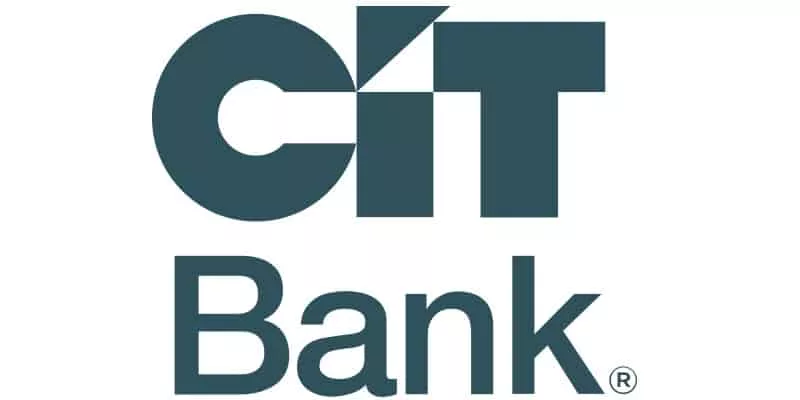Credit score can have a significant impact on how much you pay for car insurance. In general, drivers with good credit scores pay lower premiums than drivers with poor credit scores. This is because insurance companies believe that drivers with good credit are less likely to file claims.
What are credit-based insurance scores?
Credit-based insurance scores are ratings based on a consumer's credit information. Insurance companies use credit information along with other factors to set premiums and underwrite policies.
People with bad credit typically pay higher insurance premiums.
Actuarial studies have shown that how a person manages their financial affairs can be a good predictor of their likelihood to file insurance claims.
This information allows insurance companies to better match insurance premiums with the amount of risk that an individual customer poses. The goal is to minimize the possibility that customers with lower risks subsidize rates for those with higher risks.
Why insurance companies use credit scores
There are a few reasons why insurance companies use credit scores to help determine premiums.
- First, research has shown that there is a correlation between credit scores and insurance claims. Drivers with poor credit scores are more likely to file claims than drivers with good credit scores. This is because drivers with poor credit scores may be more likely to take risks on the road, such as speeding or driving under the influence.
- Second, insurance companies believe that drivers with good credit are more responsible and financially stable. This means that they are less likely to default on their insurance payments.
Correlation between credit scores and filing a claim
The insurance industry has done many studies that correlate bad credit to drivers filing more car insurance claims. One of the most well-known studies was conducted by the Federal Trade Commission (FTC) in 2007.
The FTC found that drivers with the lowest credit scores were about 1.7 times more likely to file a property damage liability claim as customers with the highest credit-based insurance scores.
Other studies have found similar results. For example, a study by the Insurance Research Council found that drivers with the poorest credit scores were 82% more likely to be involved in a crash than drivers with good credit scores.
There are a few possible explanations for why drivers with bad credit are more likely to file car insurance claims, including:
- The possibility that these drivers are more likely to take risks on the road, such as speeding or driving under the influence.
- Another possibility is that these drivers are more likely to own older, less safe vehicles.
It is important to note that the correlation between bad credit and car insurance claims does not mean that all drivers with bad credit are bad drivers.
How credit-based insurance scores affect rates
According to a study by the Insurance Information Institute, drivers with poor credit scores pay an average of 49% more for car insurance than drivers with excellent credit scores.
This difference can be even greater in some states despite the fact that laws in every state prohibit insurers from setting rates that unfairly discriminate against any individual.
What to do when shopping for insurance with poor credit scores
Insurance companies are more likely to view drivers with poor credit as a higher risk, and therefore charge higher premiums. If you have a poor credit score, there are a few things you can do to try to lower your car insurance premiums:
- Shop around and compare quotes from multiple insurance companies. Some companies may be more willing to insure drivers with poor credit scores than others.
- Consider raising your deductible. A higher deductible will result in a lower premium. However, it is important to make sure that you can afford to pay your deductible if you need to file a claim.
- Improve your credit scores. This can take time, but it will be worth it in the long run. You can improve your credit score by paying your bills on time, keeping your credit utilization low, and avoiding opening new credit accounts unnecessarily.














